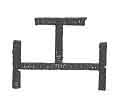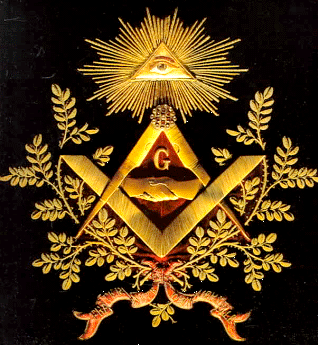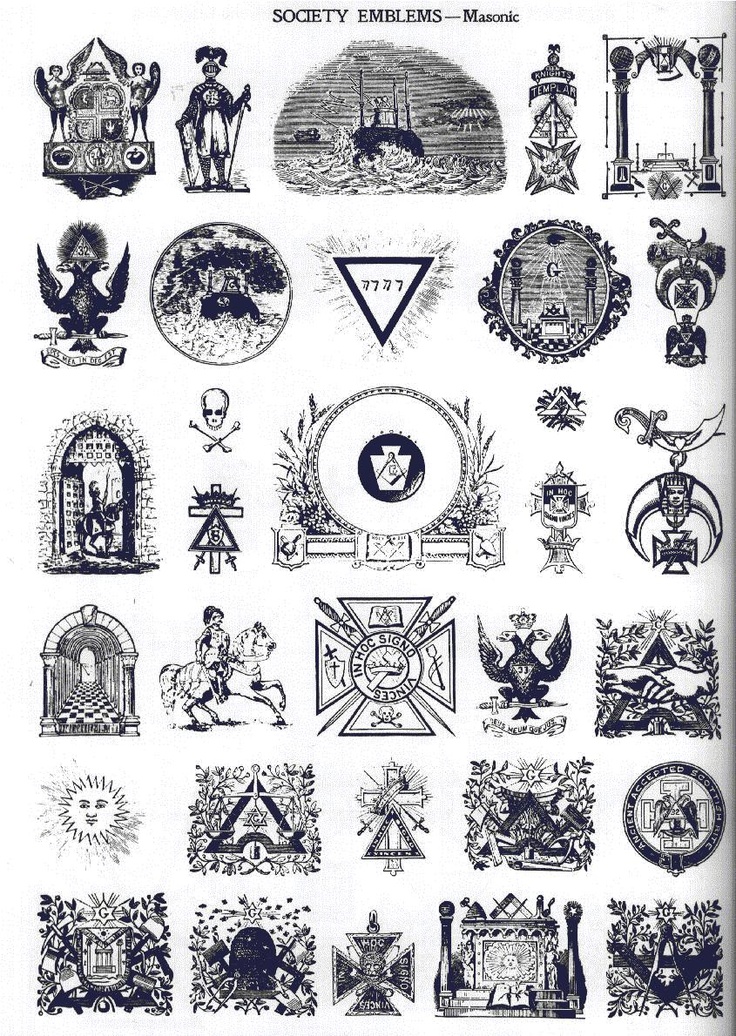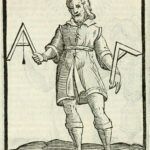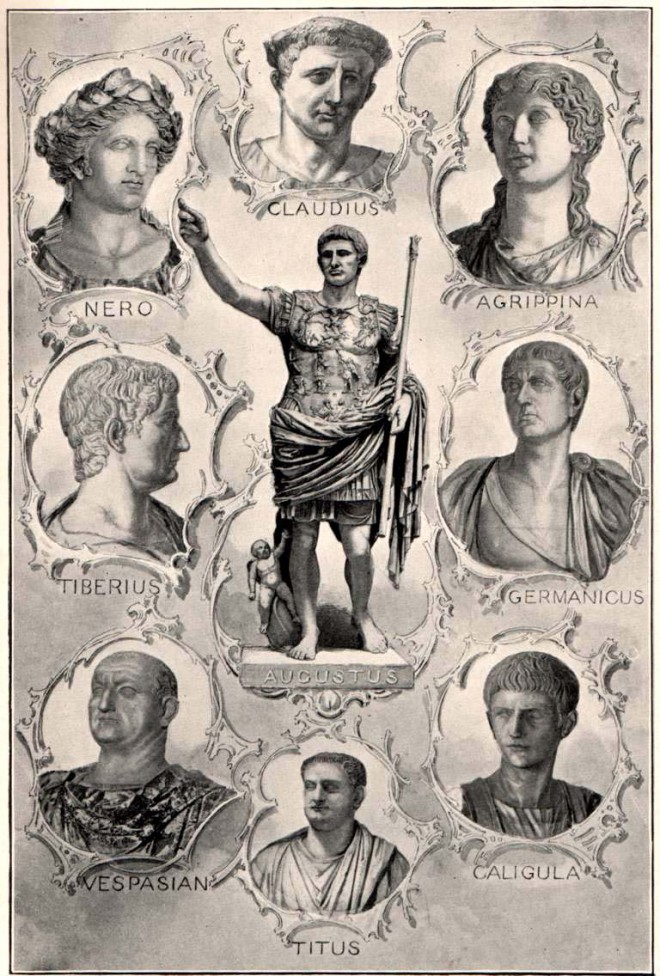In the pre-Christian Mithraic Mysteries, the candidate who fearlessly overcame the “twelve Tortures,” which preceded the final initiation, received a small round cake or wafer of unleavened bread, symbolizing, in one of its meanings, the solar disk and known as the heavenly bread or “manna,” and having figures traced on it. A lamb, or a bull was killed, and with the blood the candidate had to be sprinkled, as in the case of the Emperor Julian’s initiation. The seven rules or mysteries
Page 352
were then delivered to the “newly-born” that are represented in the Revelation as the seven seals which are opened “in order” (see chap. v. and vi.). There can be no doubt that the Seer of Patmos referred to this ceremony.
The origin of the Roman Catholic amulets and “relics” blessed by the Pope, is the same as that of the “Ephesian Spell,” or magical characters engraved either on a stone or drawn on a piece of parchment; the Jewish amulets with verses out of the Law, and called phylacteria, [[Phulakteria]], and the Mahometan charms with verses of the Koran. All these were used as protective magic spells; and worn by the believers on their persons. Epiphanius, the worthy ex-Marcosian, who speaks of these charms when used by the Manicheans as amulets, that is to say, things worn round the neck (Periapta), and “incantations and such-like trickery,” cannot well throw a slur upon the “trickery” of the Pagans and Gnostics, without including the Roman Catholic and Popish amulets.
But consistency is a virtue which we fear is losing, under Jesuit influence, the slight hold it may ever have had on the Church. That crafty, learned, conscienceless, terrible soul of Jesuitism, within the body of Romanism, is slowly but surely possessing itself of the whole prestige and spiritual power that clings to it. For the better exemplification of our theme it will be necessary to contrast the moral principles of the ancient Tanaim and Theurgists with those professed by the modern Jesuits, who practically control Romanism to-day, and are the hidden enemy that would-be reformers must encounter and overcome. Throughout the whole of antiquity, where, in what land, can we find anything like this Order or anything even approaching it? We owe a place to the Jesuits in this chapter on secret societies, for more than any other they are a secret body, and have a far closer connection with actual Masonry — in France and Germany at least — than people are generally aware of. The cry of an outraged public morality was raised against this Order from its very birth. Barely fifteen years had elapsed after the bull approving its constitution was promulgated, when its members began to be driven away from one place to the other. Portugal and the Low Countries got rid of them, in 1578; France in 1594; Venice in 1606; Naples in 1622. From St. Petersburg they were expelled in 1815, and from all Russia in 1820.
It was a promising child from its very teens. What it grew up to be every one knows well. The Jesuits have done more moral harm in this world than all the fiendish armies of the mythical Satan. Whatever extravagance may seem to be involved in this remark, will disappear when
Page 353
our readers in America, who now know little about them, are made acquainted with their principles (principia) and rules as they appear in various works written by the Jesuits themselves. We beg leave to remind the public that every one of the statements which follow in quotation marks are extracted from authenticated manuscripts, or folios printed by this distinguished body. Many are copied from the large Quarto published by the authority of, and verified and collated by the Commissioners of the French Parliament. The statements therein were collected and presented to the King, in order that, as the “Arrest du Parlement du 5 Mars, 1762,” expresses it, “the elder son of the Church might be made aware of the perversity of this doctrine. . . . A doctrine authorizing Theft, Lying, Perjury, Impurity, every Passion and Crime, teaching Homicide, Parricide, and Regicide, overthrowing religion in order to substitute for it superstition, by favoring Sorcery, Blasphemy, Irreligion, and Idolatry . . . etc.” Let us then examine the ideas on magic of the Jesuits. Writing on this subject in his secret instructions, Anthony Escobart says:

Moe is the founder of GnosticWarrior.com. He is a father, husband, author, martial arts black belt, and an expert in Gnosticism, the occult, and esotericism.

